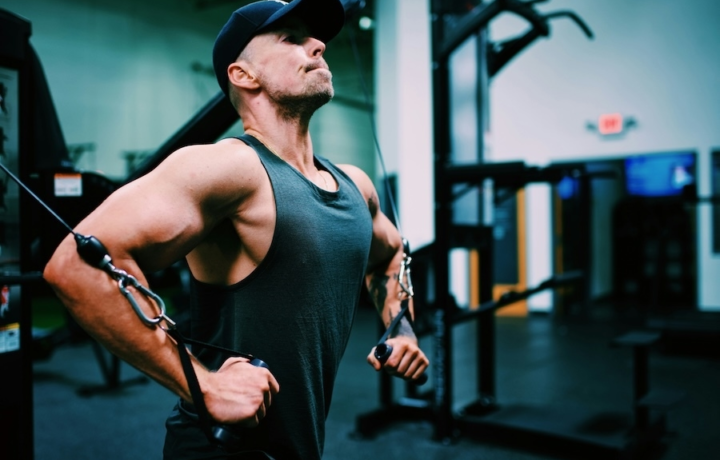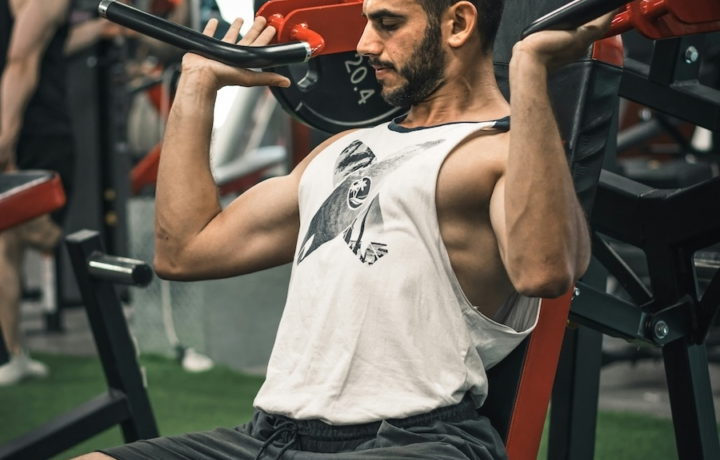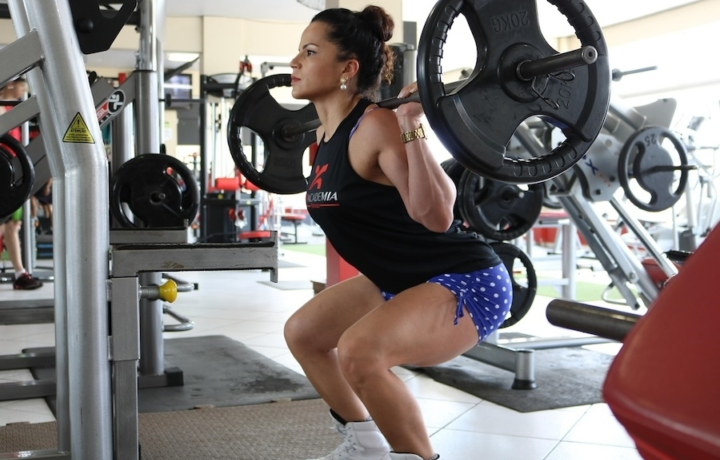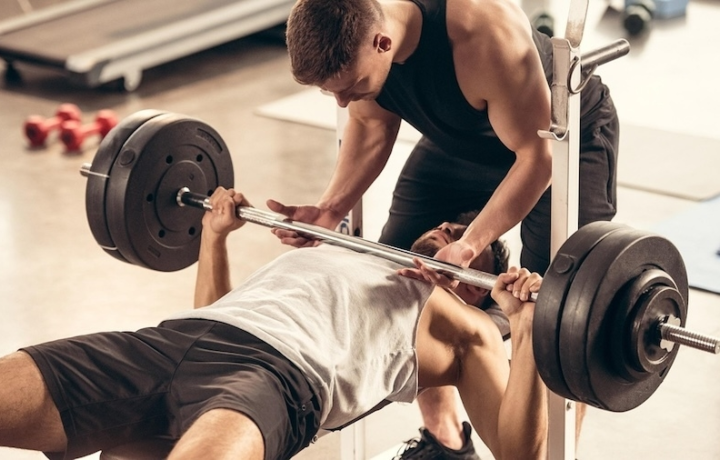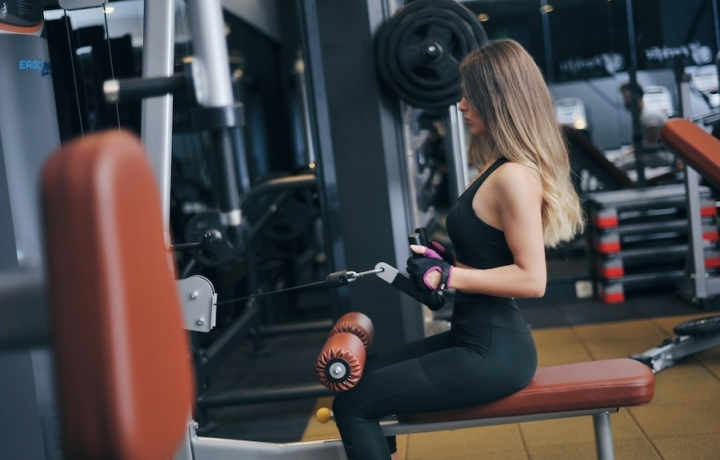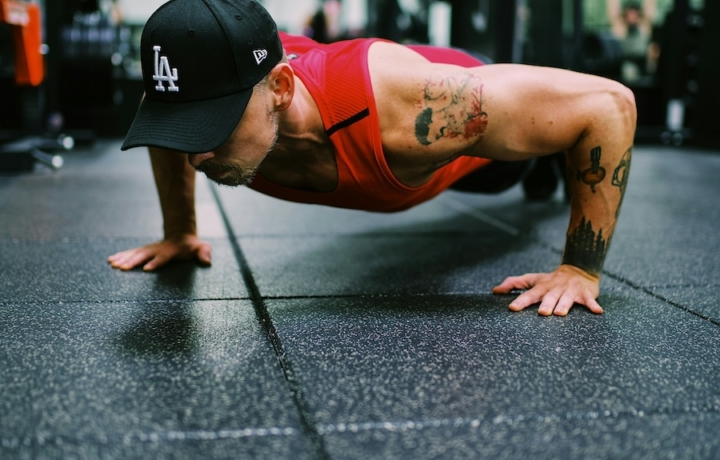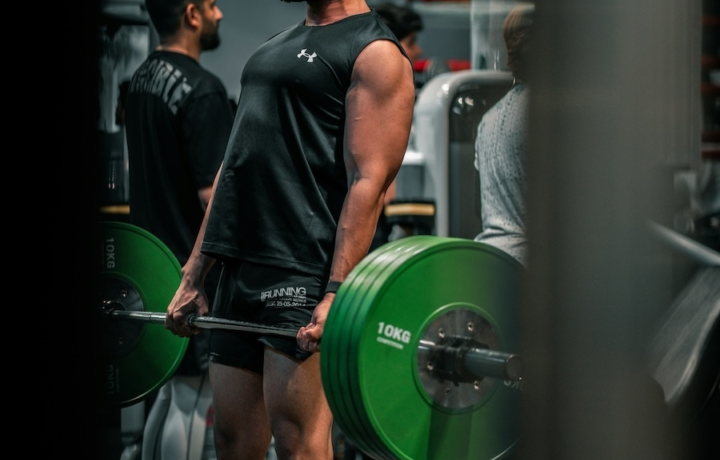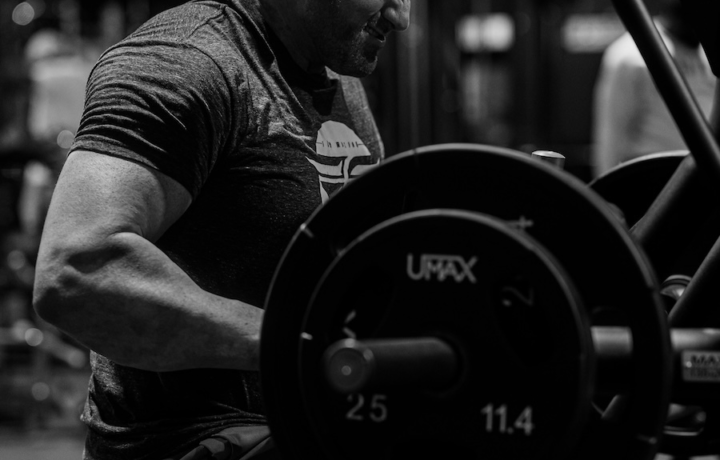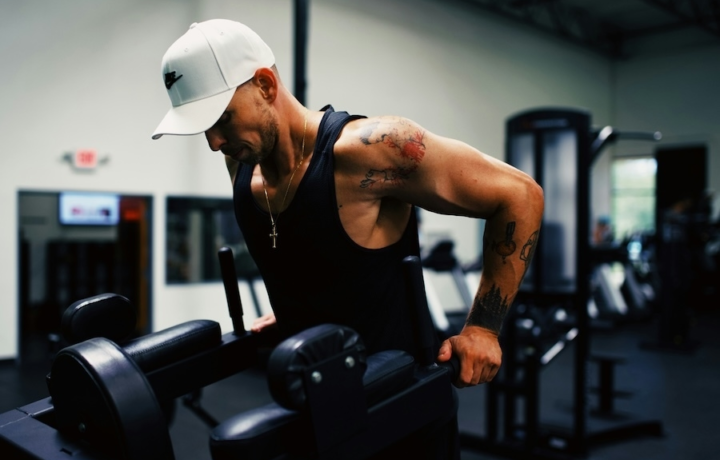Exercises to build raw strength, power, and technique for powerlifting
Powerlifting exercises
Powerlifting exercises focus on maximal strength development through three main lifts: the squat, bench press, and deadlift. These exercises engage multiple muscle groups and are performed with heavy weights to push your limits and build foundational strength. Whether you're preparing for competition or training for personal goals, mastering powerlifting exercises ensures balanced strength, improved performance, and long-term joint health.
Focus on
Pick your muscle groups
Pick your equipment
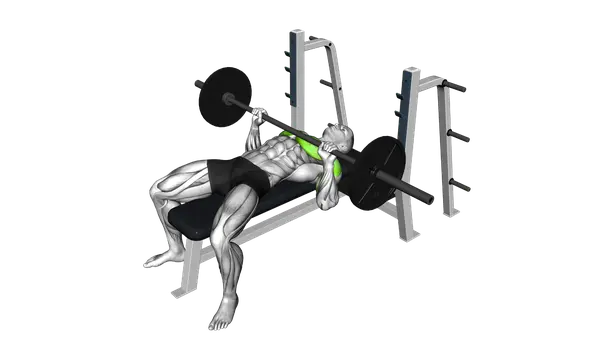
Barbell Bench Press
The Barbell Bench Press is a foundational chest exercise used to build upper-body pushing strength with a barbell on a flat bench.
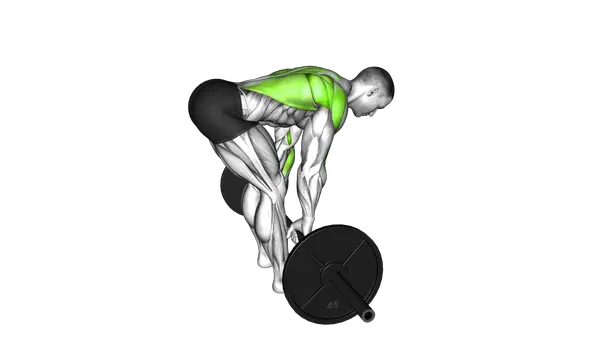
Barbell Bent Over Row
The Barbell Bent Over Row is a powerful compound exercise that builds back strength, improves posture and supports overall pulling performance.
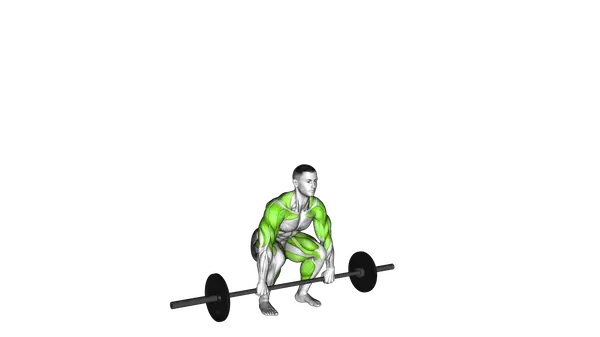
Barbell Clean And Jerk
The Barbell Clean and Jerk is an explosive full-body lift that builds power, coordination and total-body strength in one fluid movement.
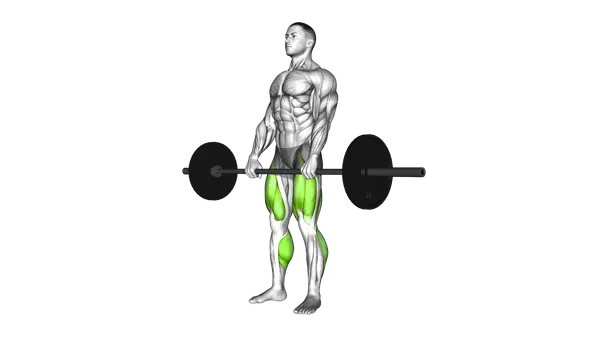
Barbell Deadlift
The Barbell Deadlift is a foundational strength exercise that builds full-body power and proper lifting mechanics and improves control.
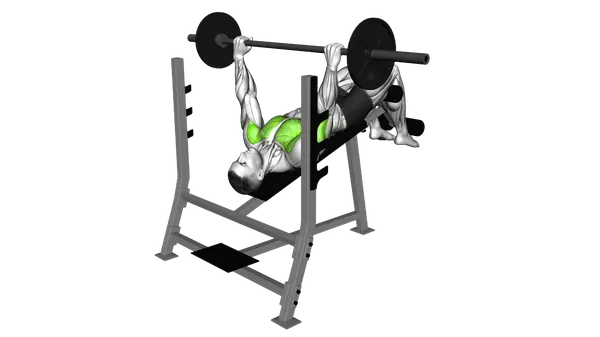
Barbell Decline Bench Press
The Barbell Decline Bench Press is a chest exercise that emphasizes lower chest strength using a barbell on a downward-sloping bench.
Built for Progress
Take the Guesswork Out of Training
Create personalized AI-powered workout plans that evolve with you. Train smarter, track every rep and keep moving forward.
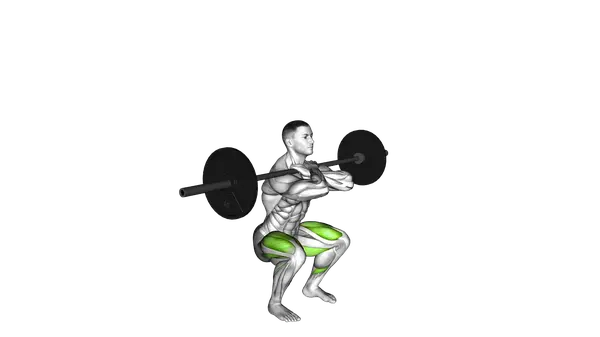
Barbell Front Squat
The Barbell Front Squat is a lower-body strength exercise that builds quad strength while reinforcing an upright, stable squat position.
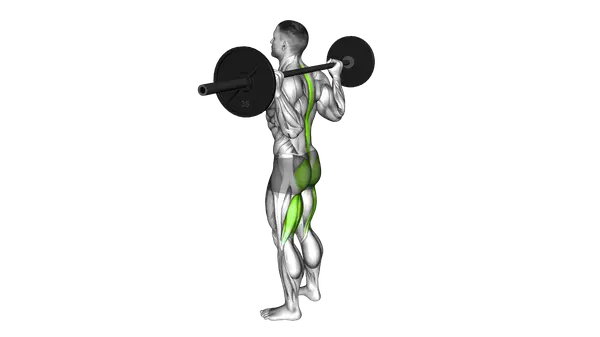
Barbell Good Morning
The Barbell Good Morning is a hinge-based exercise that strengthens the hamstrings, glutes and lower back while reinforcing proper hip mechanics.
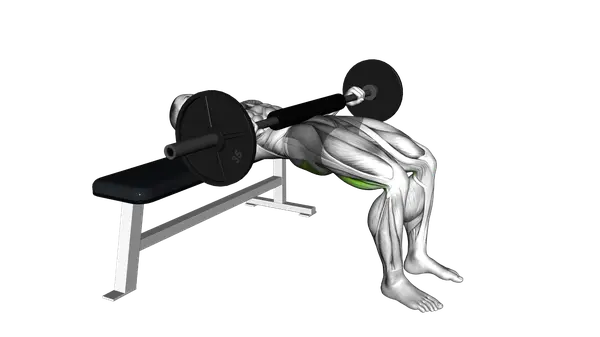
Barbell Hip Thrust
The Barbell Hip Thrust is a compound lower-body strength exercise that builds glute power through loaded hip extension.
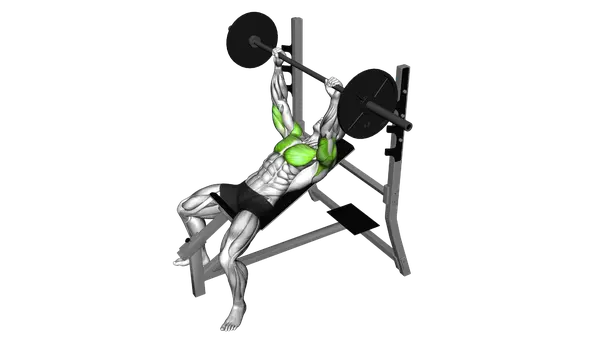
Barbell Incline Bench Press
The Barbell Incline Bench Press is a chest exercise that emphasizes upper chest strength by pressing a barbell on an inclined bench.
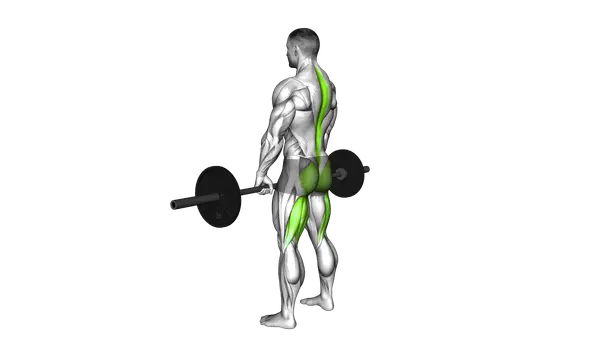
Barbell Romanian Deadlift
The Barbell Romanian Deadlift is a compound strength exercise that builds hamstring and glute strength while improving hip control.
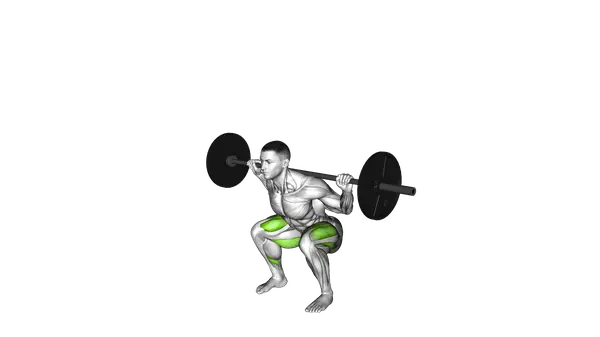
Barbell Squat
The Barbell Squat is a compound lower-body strength exercise that builds leg power, full-body strength and movement control.
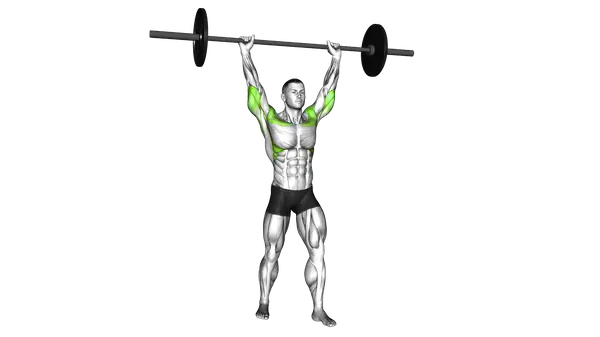
Barbell Standing Military Press
The Barbell Standing Military Press builds overhead pressing strength by moving a barbell from shoulder height to lockout while standing.
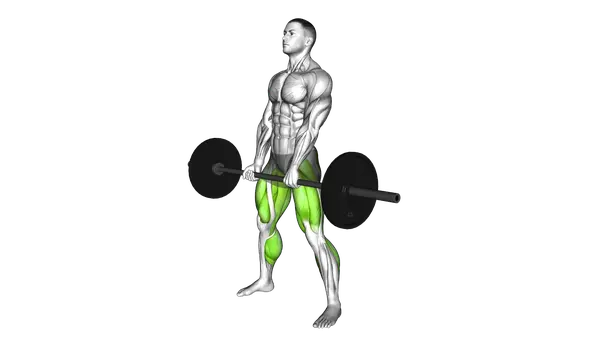
Barbell Sumo Deadlift
The Barbell Sumo Deadlift is a compound strength exercise that builds lower-body power with a wide stance and upright torso.
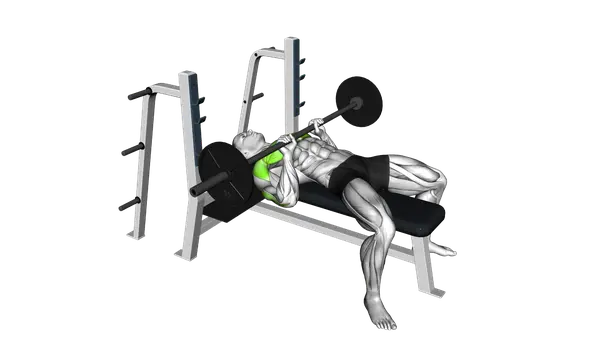
Close-Grip Barbell Bench Press
The Close-Grip Barbell Bench Press is a barbell pressing exercise that increases tricep involvement while still training the chest.
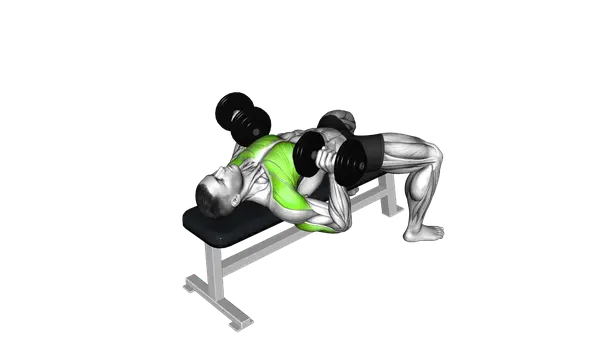
Dumbbell Chest Press
The Dumbbell Chest Press is a compound pressing exercise that builds chest strength while improving stability and unilateral control.
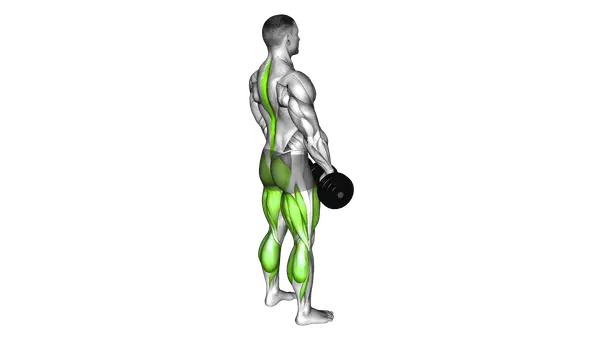
Dumbbell Deadlift
The Dumbbell Deadlift is a full-body strength exercise that builds the glutes, hamstrings, and back while reinforcing proper hip hinge mechanics.
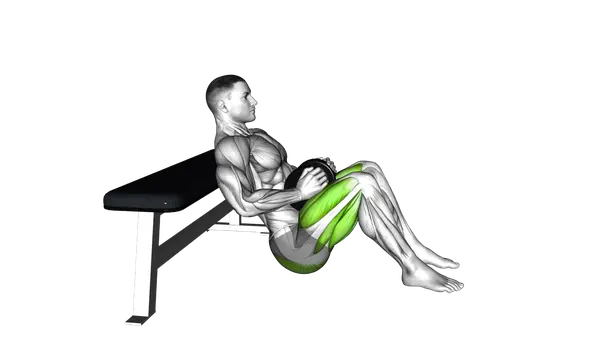
Dumbbell Hip Thrust
The Dumbbell Hip Thrust is a lower-body exercise that focuses on building glute strength using a bench and a single dumbbell.
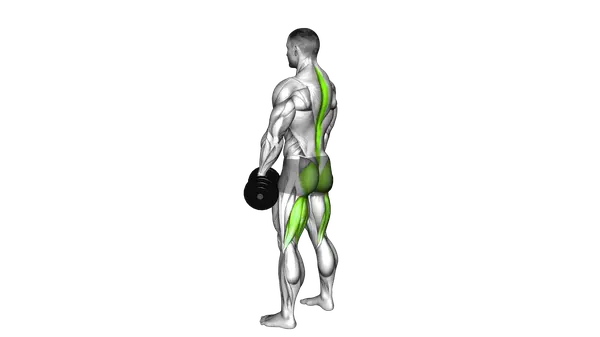
Dumbbell Romanian Deadlift
The Dumbbell Romanian Deadlift targets the hamstrings and glutes while building hip hinge strength, balance and lower-body control.
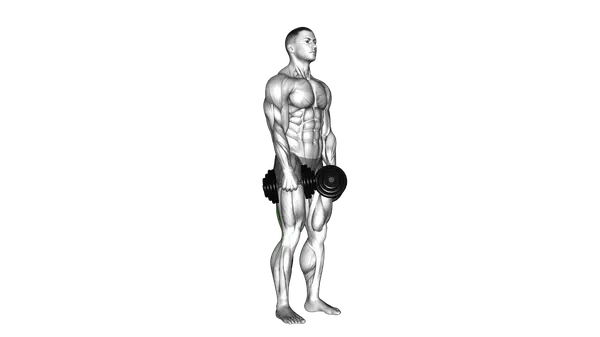
Dumbbell Stiff Leg Deadlift
The Dumbbell Stiff Leg Deadlift builds strength in the glutes and back of the legs while improving control, posture, and hip movement.
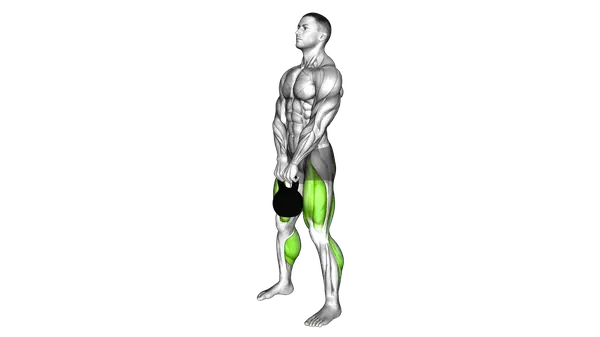
Kettlebell Deadlift
The Kettlebell Deadlift is a simple hip hinge exercise that builds full lower-body strength while reinforcing safe lifting mechanics.
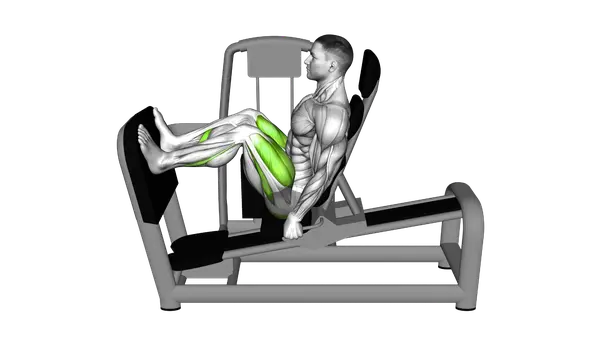
Lever Seated Leg Press
The Lever Seated Leg Press is a machine exercise that trains the legs by pushing weight away while staying seated and supported.
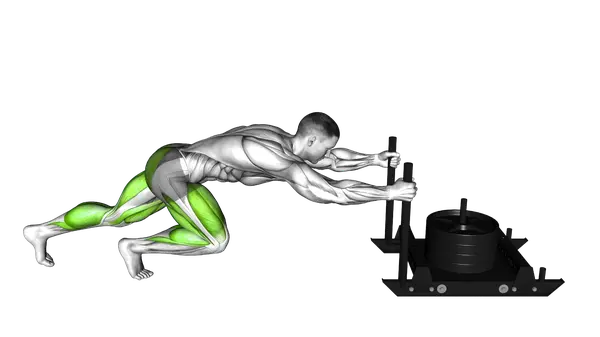
Power Sled Push
The Power Sled Push is a loaded conditioning exercise that builds lower-body strength and work capacity through continuous forward drive.
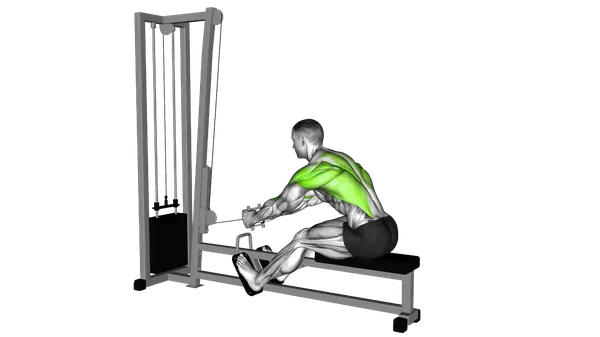
Seated Cable Row
The Seated Cable Row is a machine-based back exercise that helps build upper-body pulling strength with controlled, steady resistance.
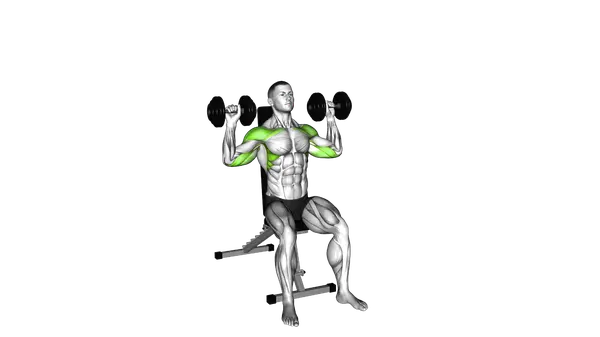
Seated Dumbbell Shoulder Press
The Seated Dumbbell Shoulder Press builds shoulder strength and size while improving pressing stability and control in a seated position.
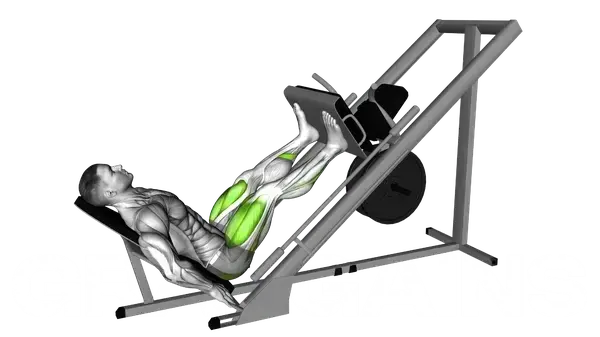
Sled 45 Degrees Leg Press
The Sled 45 Degrees Leg Press builds lower-body strength with a stable setup that allows controlled loading through a fixed movement path.
Increase maximal strength, power, and lifting technique
Training goals for powerlifting development
The goal of powerlifting is to maximize your 1-rep max (1RM) in the squat, bench press, and deadlift. These exercises require not only physical strength but also proper technique and mental focus. Powerlifting training is built around progressive overload, where you gradually increase the weight lifted while maintaining good form. Powerlifting exercises enhance muscle coordination, improve explosive strength, and develop stability across all major muscle groups.
Focus on the big three and accessory lifts to build total-body power
Best powerlifting exercises for strength and performance
The best powerlifting exercises revolve around the squat, bench press, and deadlift: the three lifts that define the sport. These compound movements engage multiple joints and large muscle groups, helping to build overall strength and technique. Accessory lifts like Romanian deadlifts, overhead presses, and barbell rows support powerlifting training by targeting weak points, improving muscle imbalances, and enhancing stability. A balanced program will incorporate both heavy lifting and accessory work to target all muscle groups.
Train with barbells, benches, squat racks, and specialized equipment
Equipment options for powerlifting training
Powerlifting exercises are typically performed with barbells, squat racks, and benches: equipment that allows for maximal load. Plates and collars are essential for ensuring safe, stable lifts, and lifting belts, knee sleeves, and wrist wraps provide additional support during heavy lifts. Specialty bars like the safety squat bar or deadlift bar can be used to target different movement patterns and improve form. At home, powerlifting can be practiced with minimal equipment, but investing in a sturdy rack and barbell will help you train safely and effectively.
Focus on strength progression and proper recovery for optimal gains
Training plans featuring powerlifting exercises
Powerlifting training typically includes 3–4 sessions per week, focusing on the squat, bench press, and deadlift. Accessory work should be added based on your weak points and specific training goals. A structured program includes periodization: a strategy where you gradually increase intensity and volume in specific cycles. The app helps you create a personalized powerlifting plan that adapts to your goals, experience level, and available equipment, ensuring steady progress and improved performance.
Frequently asked questions about powerlifting exercises
While powerlifting primarily focuses on maximal strength, the training also improves muscle endurance, stability, and overall athletic performance. Accessory work can target other fitness aspects, like flexibility, mobility, and muscle hypertrophy. Powerlifters also see improvements in bone density, joint health, and posture, all of which benefit general well-being and functional fitness.
While a standard gym setup with barbells, squat racks, and benches is ideal for powerlifting, you can practice with minimal equipment. At the very least, you’ll need a barbell and some weights. Lifting belts, knee sleeves, and wrist wraps can provide extra support for heavy lifts and improve safety. Specialty equipment like safety squat bars or deadlift bars can be beneficial but are not required for basic powerlifting training.
Most powerlifters train 3–4 times per week, with each session dedicated to one of the three main lifts. For example, you may train squat on one day, bench press on another, and deadlift on a separate day. Accessory exercises can be added to each session to target muscle imbalances and support technique. The key is to allow sufficient recovery between heavy lifting days to maximize strength gains.
The best powerlifting exercises are the squat, bench press, and deadlift. These three compound movements target major muscle groups and form the foundation of all powerlifting programs. Accessory lifts like overhead presses, rows, lunges, and hip thrusts support these movements by addressing weak points and improving overall strength.
Core exercises for powerlifters focus on building stability, strength, and control in the trunk. Powerlifters commonly use exercises like planks, ab rollouts, Russian twists, and deadbugs. Strengthening the core is essential for maintaining proper posture during squats, deadlifts, and bench presses. A strong, stable core helps to protect the lower back and improves overall lifting technique.
Integrate powerlifting exercises into full-body and split routines
